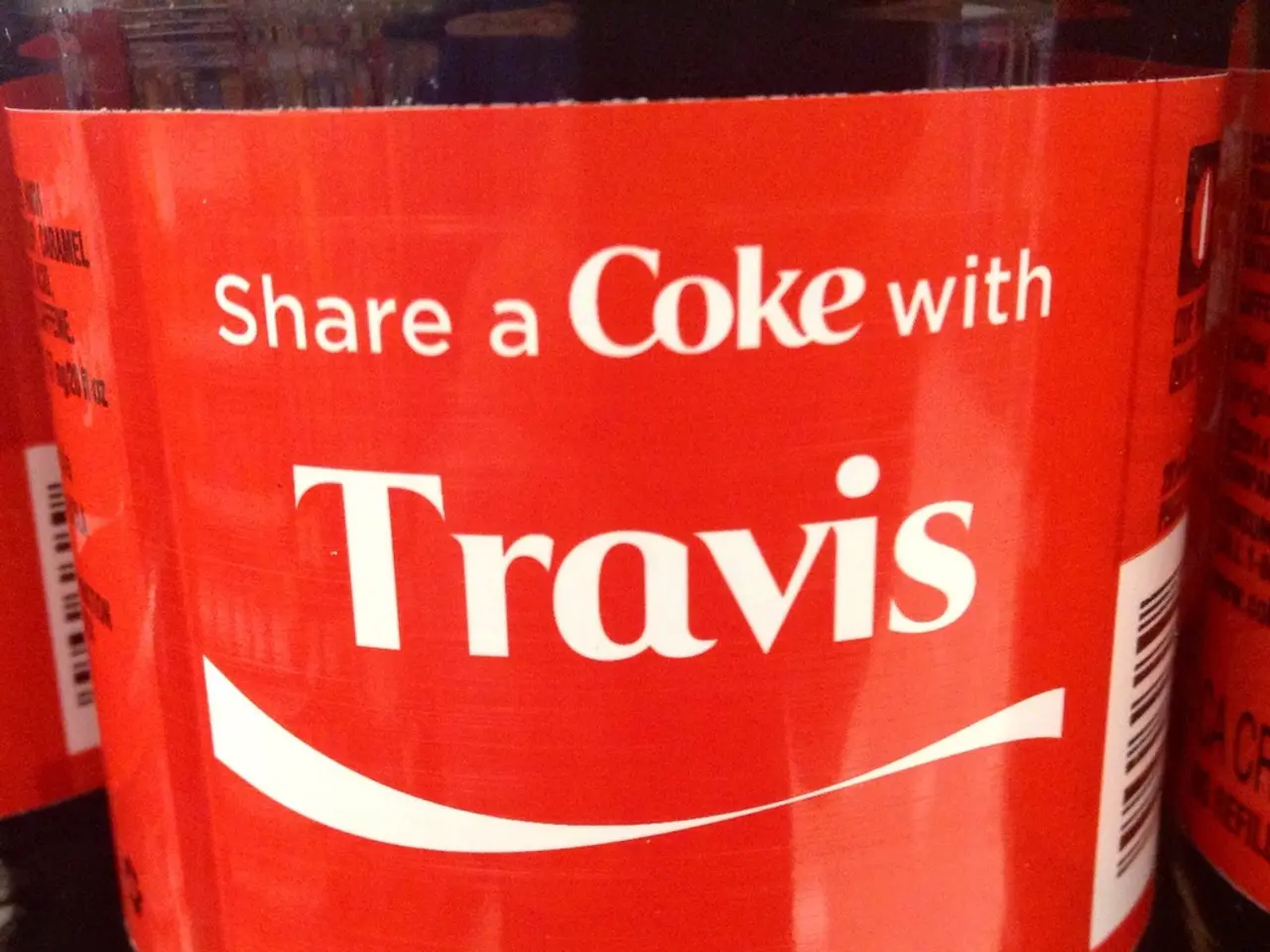Trump Challenges Regulations for Dishwashers and Washing Machines Efficiency
In a series of presidential memoranda and executive orders, Donald Trump has proposed to weaken or rescind water and energy standards, with a focus on providing regulatory relief and rolling back Biden-era environmental restrictions.
The administration's efforts aim to offer temporary exemptions for critical industries such as coal plants, chemical manufacturers, and iron ore processing facilities from complying with newer, stricter EPA standards. This regulatory rollback is intended to prevent shutdowns of essential energy and industrial facilities to maintain national security, stabilize the economy, and avoid electricity shortages or increased dependence on foreign energy sources.
One of the key areas targeted by Trump's proclamations is energy-efficient appliances. The administration claims that energy-efficient washing machines cost at least $100 more than less efficient models, and new regulations for dishwashers make cleaning cycles take twice as long as pre-standards models. In response, Trump has announced his intention to rescind or weaken Department of Energy regulations that set standards for water and energy usage.
However, it is important to note that the EnergyStar program, which saves consumers an average of $450 per year, has been targeted for potential shuttering. The regulations Trump is attempting to rescind have also resulted in significant savings for commercial facilities on utility bills, totalling $4.6 billion from cooler and freezer usage alone.
Moreover, the memorandum does not specify which specific water pressure or energy efficiency laws the DOE should consider rescinding or weakening. The administration's stance is that additional water pressure is more important than cutting back on energy bills. As a result, regulations such as those restricting showerhead water flow have been rescinded, and Trump has killed a rule setting a maximum flow rate on shower heads.
Trump seems particularly focused on issues related to shower water pressure and toilet flushes, and has signed four separate measures that set regulations on various appliances, including gas water heaters, walk-in coolers and freezers, commercial freezers, and other consumer appliances.
The energy usage of water heaters was reduced by 13% as a result of the regulations Trump is attempting to rescind, saving consumers $3.1 billion cumulatively. A document the administration relies on concludes that the lifetime savings of energy-efficient washing machines are significantly more than the initial higher purchase price.
In summary, Trump's efforts to weaken water and energy standards are framed as measures to boost American economic and national security interests in the short term by reducing regulatory burdens on key industries. However, these actions also raise concerns about delaying the clean energy transition, environmental protection, and the long-term sustainability of U.S. energy policy.
Gizmodo reports that the Trump administration's policy and legislation aim to weaken energy standards, particularly in the area of energy-efficient appliances such as washing machines and dishwashers, citing increased costs and longer cleaning cycles as reasons. However, these moves could potentially reverse the savings of the EnergyStar program, amounting to an average annual saving of $450 for consumers and $4.6 billion for commercial facilities on utility bills. The administration has also targeted regulations for water and energy usage, including those restricting showerhead water flow and proposing to rescind a rule setting a maximum flow rate on shower heads, raising concerns about the future of climate-change mitigation and the long-term sustainability of U.S. environmental policy. Meanwhile, Trump has signed several executive orders to regulate various appliances, including gas water heaters and commercial freezers, prompting criticism from environmental scientists and general news outlets about the potential impacts on technological advancements and the overall health of the environment.






